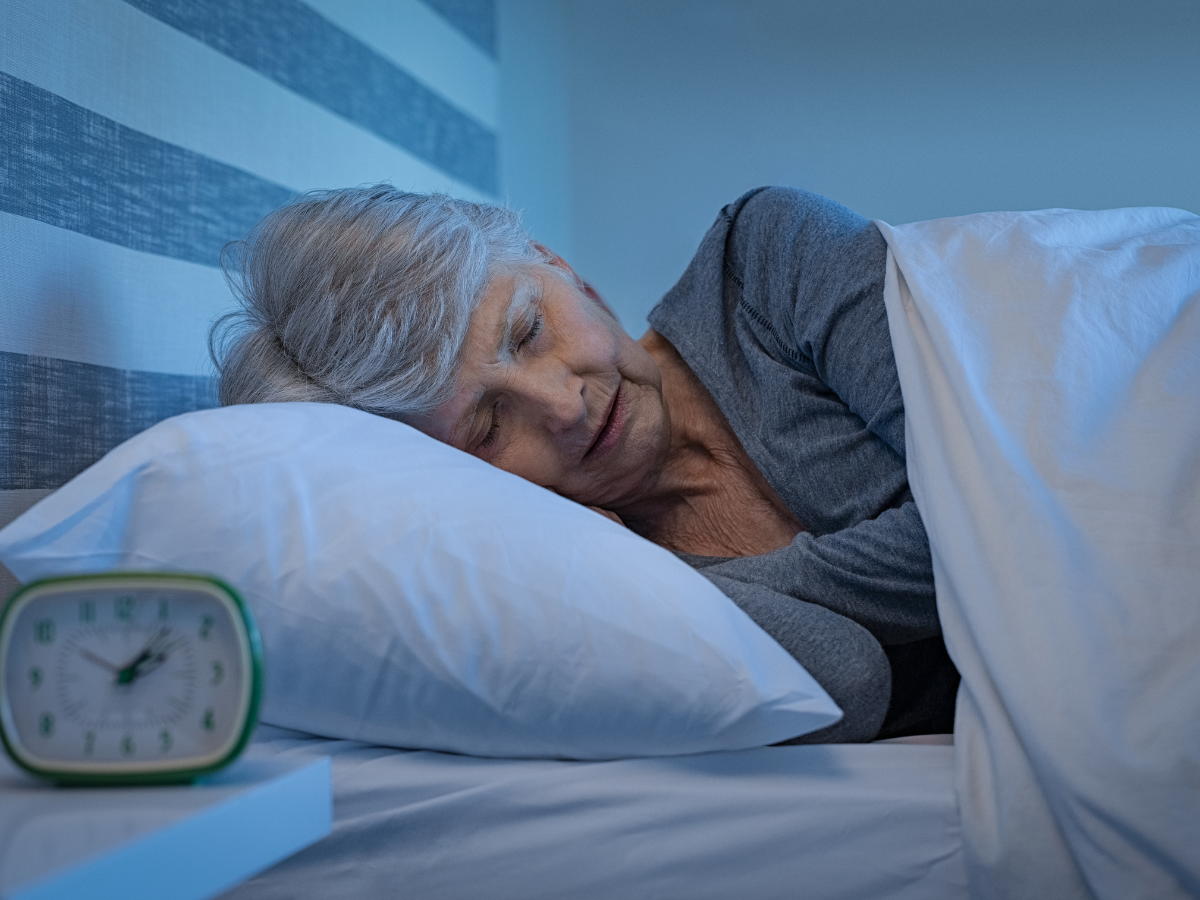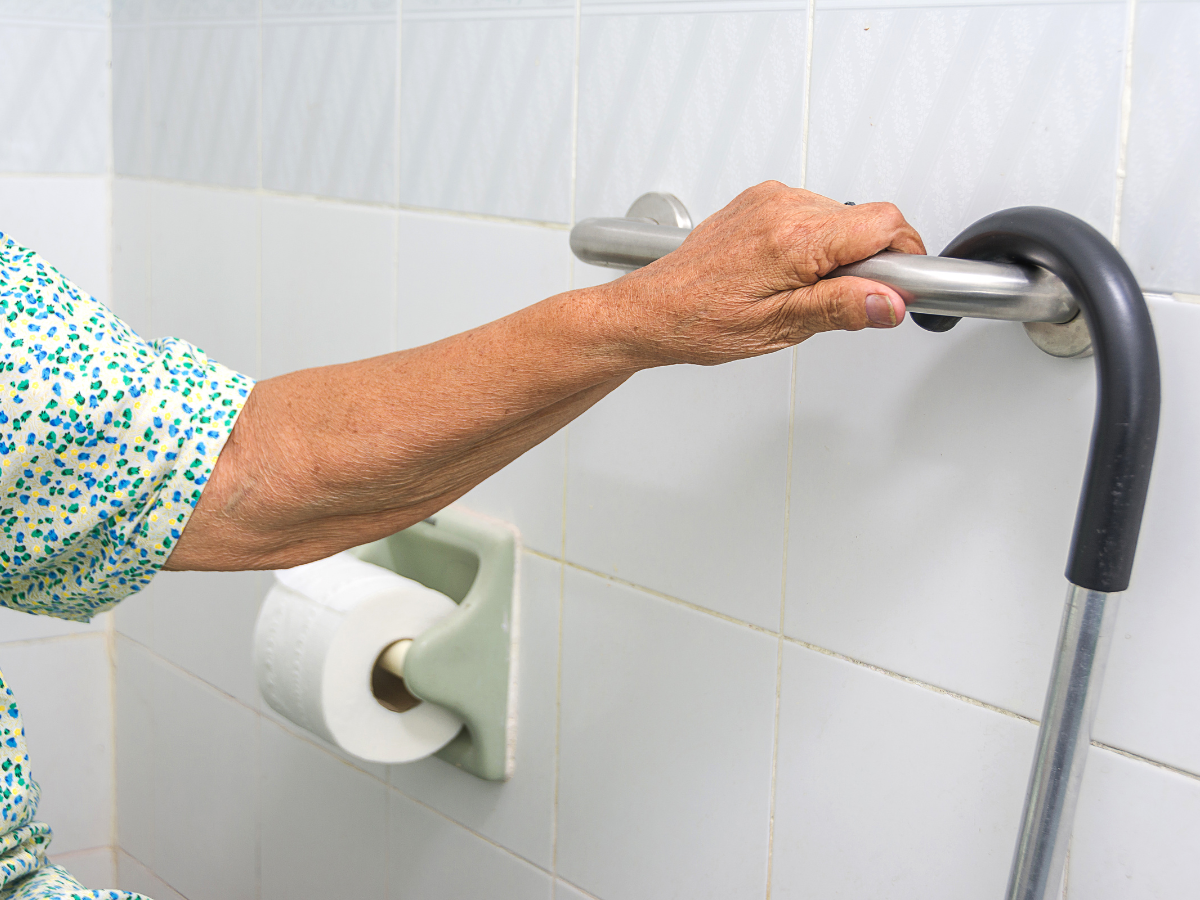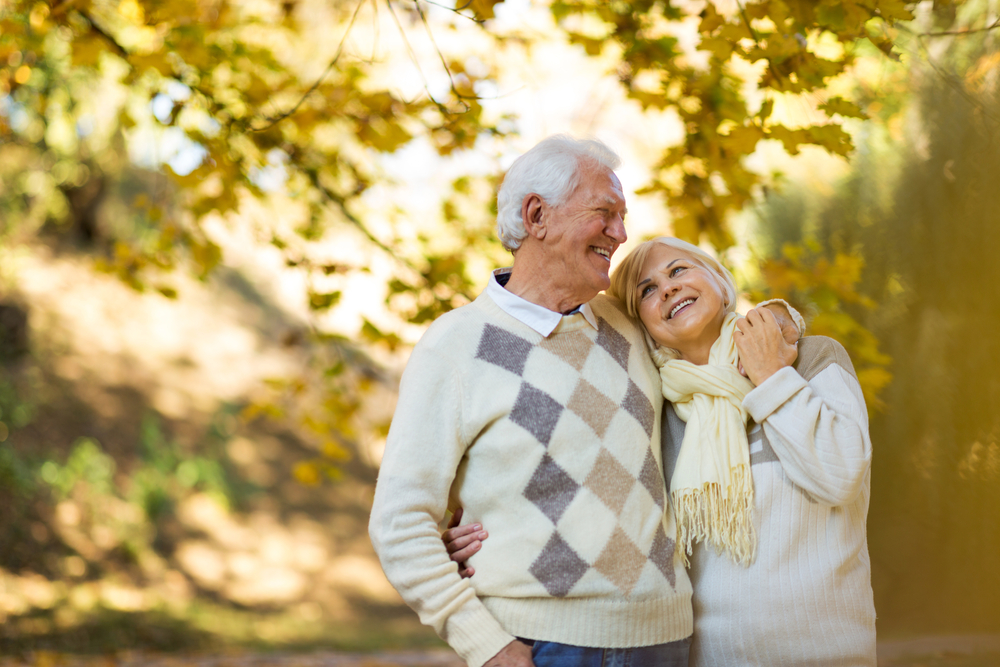People from all over Canada have accepted roles as caregivers for their elderly parents. But what they may not have realized, when they initially took on these roles, is that they were full-time jobs. Being a caregiver certainly isn’t easy. It requires as much physical energy as it does patience, love and understanding. Of course, the role of being a care-receiver isn’t easy either. A loss of independence is fun for nobody.
It’s important to remember that, as a caregiver, you have the dual responsibility of looking out for your elderly parents’ physical well-being as well as their emotional health. As you may have already learned, you’ll need some assistance with your incredibly important caregiver role.
Here are three tips that should help you along the way:
1. Don’t assume you can do it all yourself.
Yes, you may feel as if it’s your sole responsibility to care for your elderly parents because after all they are your parents! Chances are, however, you already have a full-time job and a life of your own you’re trying to lead. Don’t be afraid to ask others for your help. Get in touch with other family members and friends and let them know how much it would mean to you to get their support in helping your parents to live safely and comfortably.
“Even if you’re the primary family caregiver, you can’t do everything on your own, especially if you’re caregiving from a distance (more than an hour’s drive from your family member),” reminds HelpGuide.org, “You’ll need help from friends, siblings, and other family members, as well as health professionals. If you don’t get the support you need, you’ll quickly burn outwhich will compromise your ability to provide care.”
2. Remember you’re caring for both their emotional and physical well-being.
To reiterate an earlier-made point, it’s difficult to be in a position where you require the help of a caregiver. You may have initially been reluctant to accept your role as caregiver, but consider how difficult it must be for those who can’t take care of themselves. Be sure to make efforts to preserve your parents’ independence by encouraging them to do some things on their own. On Elizz.com, Natalie Strouth suggests letting elderly loved ones choose their own clothes.
“When assisting older adults to get dressed, allow the person to dress themselves, providing assistance as necessary when possible,” she writes, “Also, make sure that you as a caregiver involve the person in choosing what clothes they want to wear or buy.”
3. Focus on making the bathroom as safe as possible.
We’ve pointed out in a number of past blogs the extreme importance of making the bathroom safe for seniors. It’s notoriously known as the most dangerous room in the home due to its slippery surfaces. Making a few modifications may be necessary to ensure that your elderly parents get in and out of the bathtub and on and off the toilet safely.
“Make sure there are no throw rugs that could create a fall risk, that grab bars are safely installed, and that you check the water temperature before your loved one gets into the tub or shower,” advises TheBristal.com, “You should also avoid adding bubbles or slippery oils to bath water. They can create a fall risk or make it harder for you to hold on to your loved one while helping them out of the tub or shower.”
If you have any questions about the bathroom accessibility devices that Advantage Home Health Solutions has to offer, please don’t hesitate to contact us to ask them. Give us a call at 403-460-5438. You may also email us by filling out the form on our Contact Us page!




